It is always instructive to define what we are talking about in order to put the issue in its correct context and to make sure we are all on the “same page.” Many economic theory texts or environmental science texts defines sustainable development as: “Economic development that meets current needs without compromising the ability of future generations to meet their needs. Relies on appropriate technology, efficient use of resources, recycling, renewable resource use, restoration, growth management, and other measures.”
The Role of The State in Sustainable Development
It is a lengthy definition but important because it suggests actions that the society must take in order to achieve this goal; and by extension it also suggests the importance of leadership. It is critical that the State takes an “ideological posture” if it is serious about pursuing this path of socioeconomic development. It must be founded and rooted first and foremost in the interests of the masses; it must be based on self-determination and national sovereignty, it cannot put the interests of foreign powers and local oligarchs first, at the expense of the masses; it cannot make international Agreements that compromise and belittle the birthright of the country for economic expediency, while the people suffer.
The “informal economy” (petty traders, higglers), started out as a way to eke out an existence, when US imperialism’s destabilization of the Jamaican economy severely limited the availability of good paying jobs, and also depleted the job market. As the socioeconomic conditions worsened over the years, this practice has expanded and has become entrenched in the Jamaican economic life. The negative aspect of this is that it does not contribute or figure in the Gross Domestic Product (GDP) of the Country although it relieves the burden on the public purse.
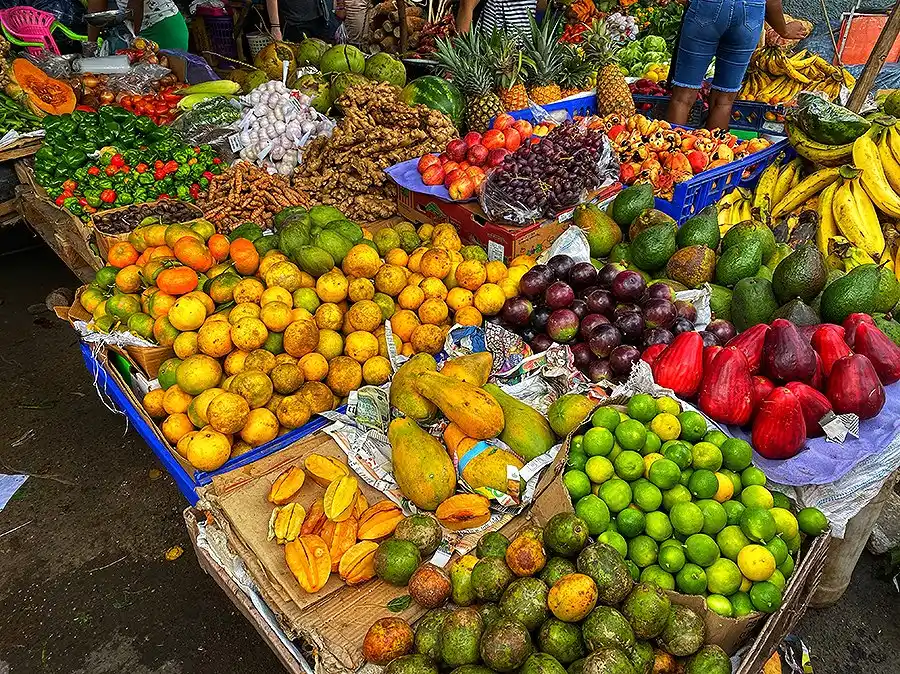
Jamaican agricultural products on display at the Agricultural Marketing Complex - Photo: dbbank.jm
Critical to sustainable development is performance driven operations, not only in the private sector but public as well. Government must get rid of bureaucratic inefficiency, which is a deterrent to investment opportunity and economic growth. A way must be found to integrate and transform the “informal economy” into the economic mainstream; the practitioners can develop into entrepreneurs by access to reasonable small business loans, technological and administrative training.
Based on the definition of sustainable development, it presupposes that in order not to “compromise the ability of future generations in meeting their needs,” political and economic Policies must be implemented that will include the masses. The masses must be mobilized to fulfill the goals of the Policies, reinforcing their implementation and thus lay the groundwork for continuity, which will ensure continued benefits for the masses of the society. One of the critical impediments to sustainable development is the “brain drain” that severely affects developing countries; we contend that the basis of the “brain drain” which developed during colonialism, continues into the post-colonial period. This is primarily a domestic Policy issue and if not urgently addressed, will rob the country of its best labor minds.
National pride and patriotism are critical to independence and self-determination; however, one must be realistic regarding these theories and practices. If living in your own country is not appealing by way of the prospects for and access to advancement in labor opportunities; adequate, affordable, and quality Health Care; reasonable and accessible educational opportunities, people will leave in droves to where they see as “greener pastures.” There are still too much bureaucracy and colonial requirements for even bright people to enter institutions of higher learning; and when they do get in the tuition costs is another grave issue. There are various levels of job market preparation; and the full spectrum of options should be pursued and made available to the people accordingly, as conditions dictate.
The Role of Agriculture in Sustainable Development
Ever since the discovery and practice of husbandry, agriculture has played a significant role in social development; among the many benefits is the ability of humans to feed themselves in a sustainable way. The ability to feed the society severely reduces the burden or prospect for food insecurity, dependence on foreign food sources and especially food inflation. It also opens the way for the society to pursue other critical social development Policies. Sincere consideration and implementation of workable agricultural initiatives contribute to and help to maintain sustainable growth. Critical among the initiatives is the abandonment of economic neoliberal policies; the government must allocate adequate funding for the development of sustainable agricultural programs.
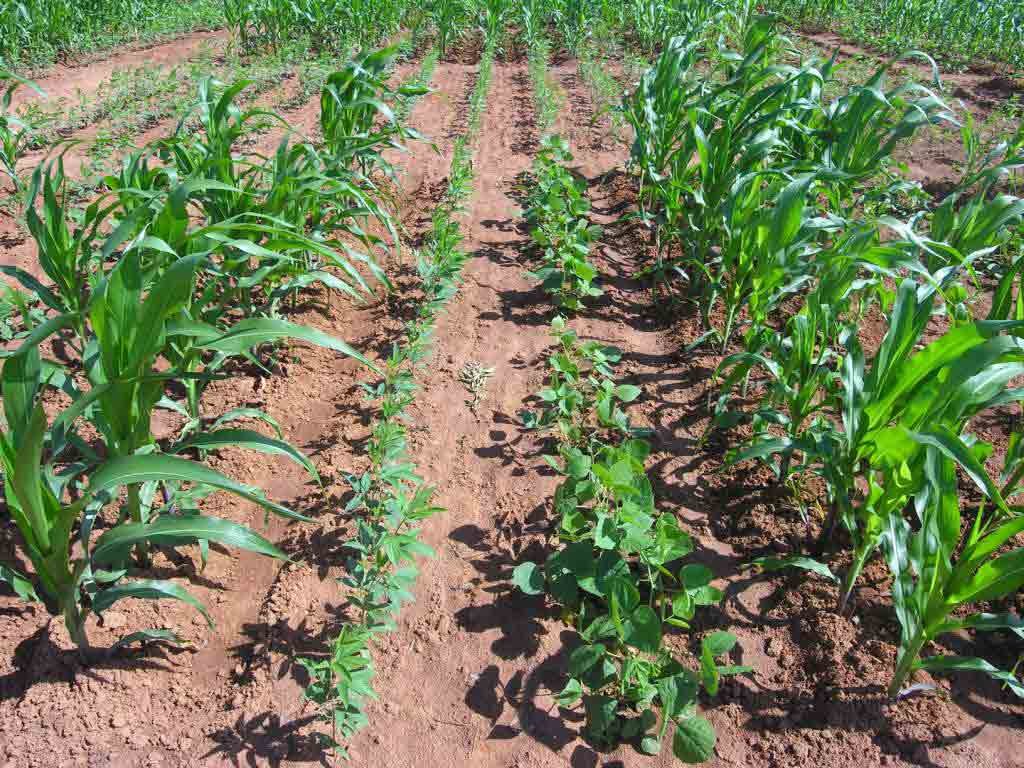
Intercropping: Corn, peanut and sorrel - Photo: jamaica-gleaner.com
Among the programs is the question of land reform including landownership, wherein elements of the colonial structure of land ownership still exists, and is a deterrent to expanding and developing large-scale agricultural development: Large unused and unregistered tracts of land can be brought into the agricultural development Registry and made available to qualified farmers; providing government subsidy to ease the cost burden on the farmers must be addressed; crop diversification and by extension agro-industrial development such as the bottling of pepper, create more jobs and adds to the GDP. All the above cannot be fully successful without addressing the condition of the non-highway roads. Successive Administrations have appeared to abandon these roads in preference to toll highways. While these are commendable, they are expensive to use and the struggling or starting farmer initially cannot afford to use these toll roads.
Needed: A new Educational Mindset
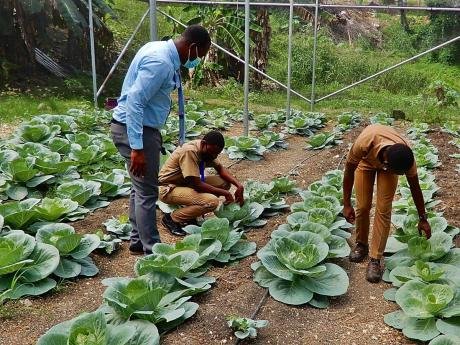
Students at the Marcus Garvey Technical High School - Photo: jamaica-gleaner.com
The ancient and backward mindset that farming especially at the subsistence level is for uneducated or “low class” people, is one of the critical issues that has hampered the development and the importance and status of farming nationally. Educational institutions from elementary to university should begin to engage students in meaningful discourse on the socio-economic importance of agriculture. During the CIA destabilization period of the 70’s, it was agriculture that played a pivotal role in saving Jamaica from bankruptcy. Agriculture needs to be uplifted from the thought that farming is relegated only to old men with water boots and cutlass or those with intellectual deficiency. Mechanization must be an integral part of any wholescale national agricultural development plan, to get rid of the drudgery and low productivity of traditional farming methods.
Government as a unit or through the private sector, should provide Grants or invest heavily in providing financial resources to the University of The West Indies (UWI) and The University of Technology (UTECH) to undertake research projects on locally grown agricultural products. Humans have the ability to transform and relatively control the environment, to suit its purpose; however, this calls for determination and the political will to improve the socioeconomic conditions of the masses.
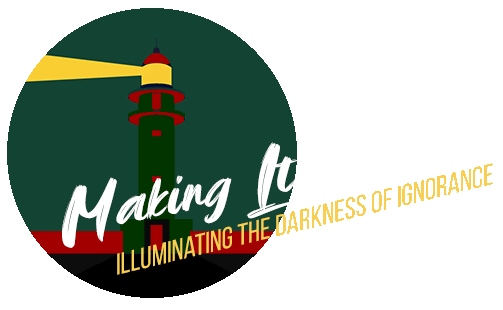
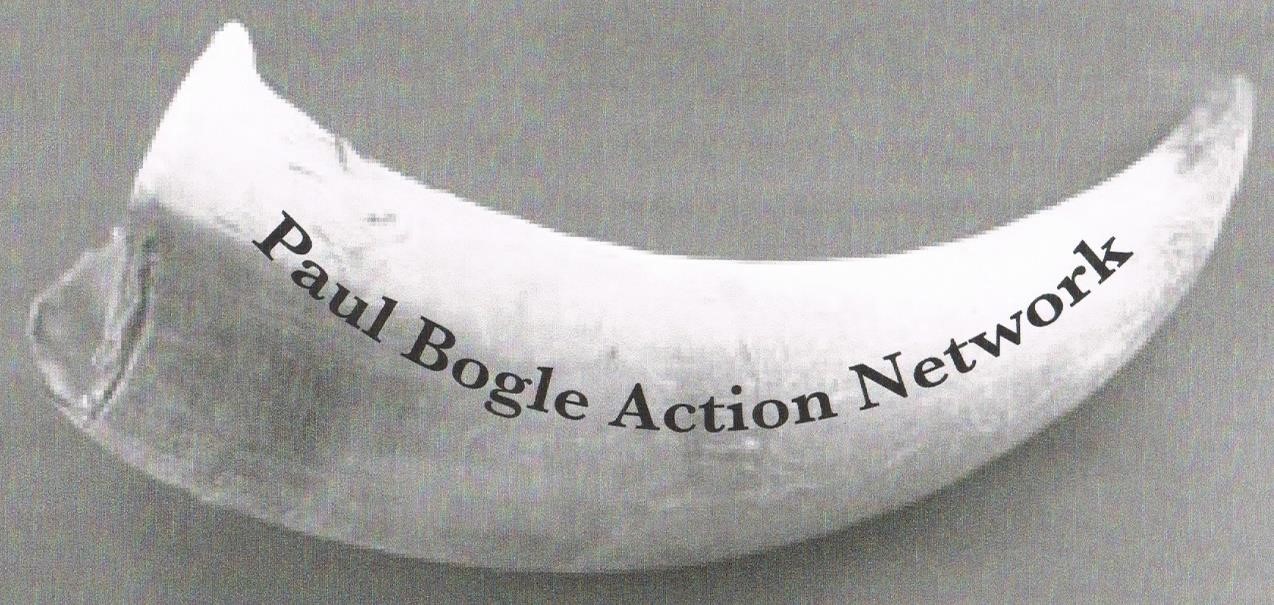
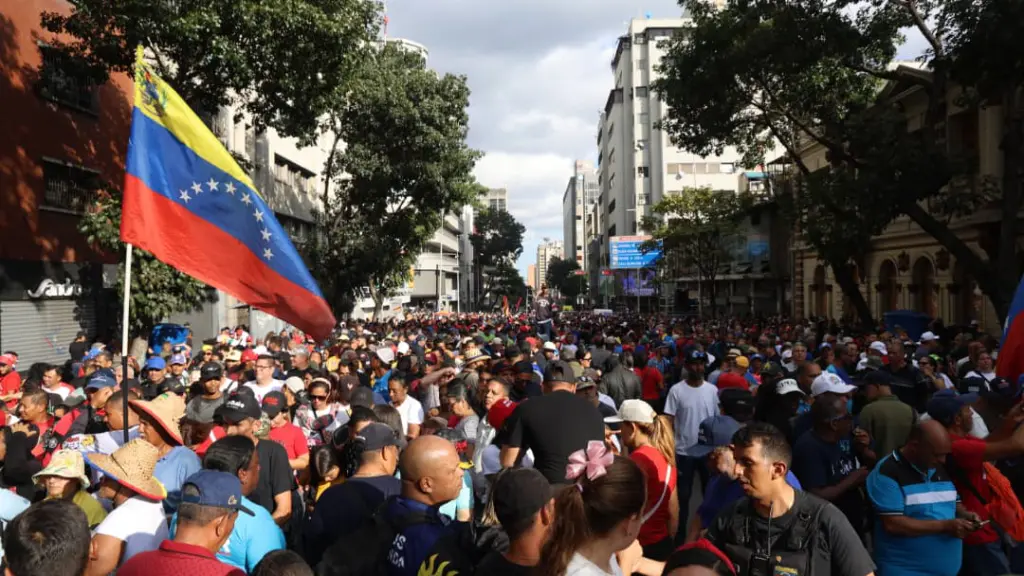


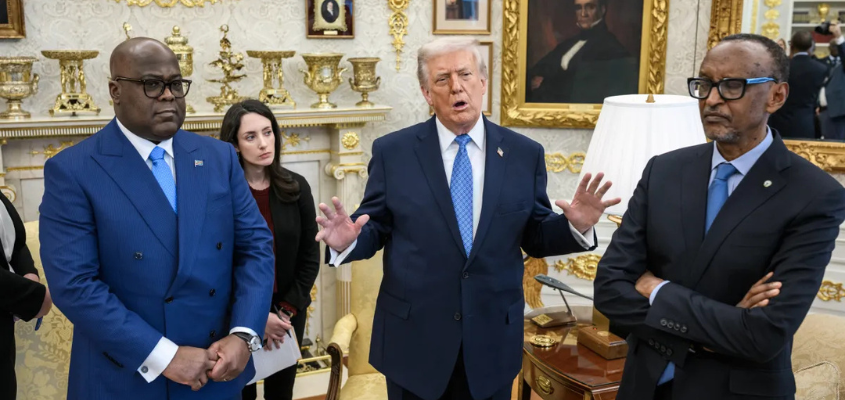
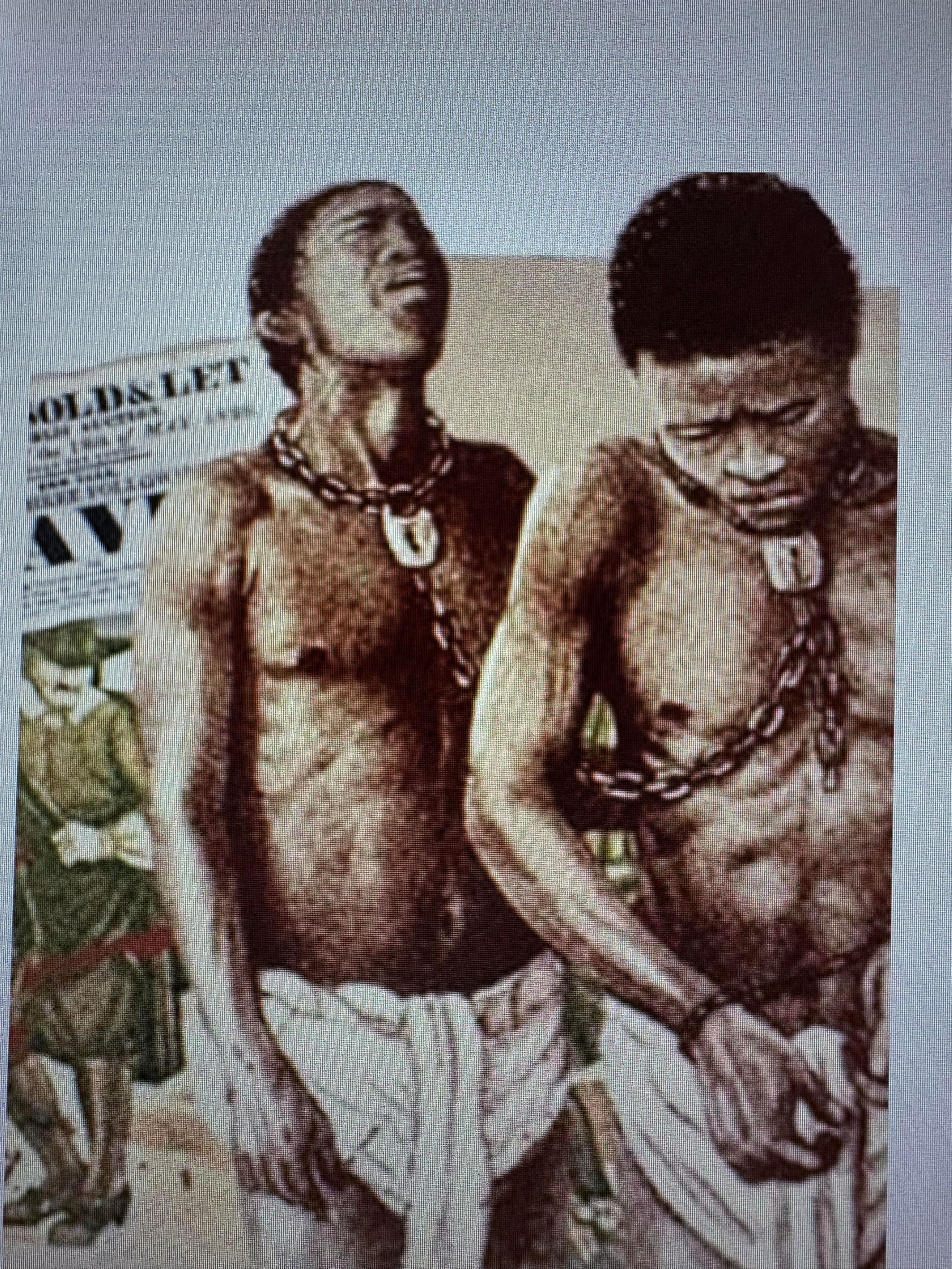

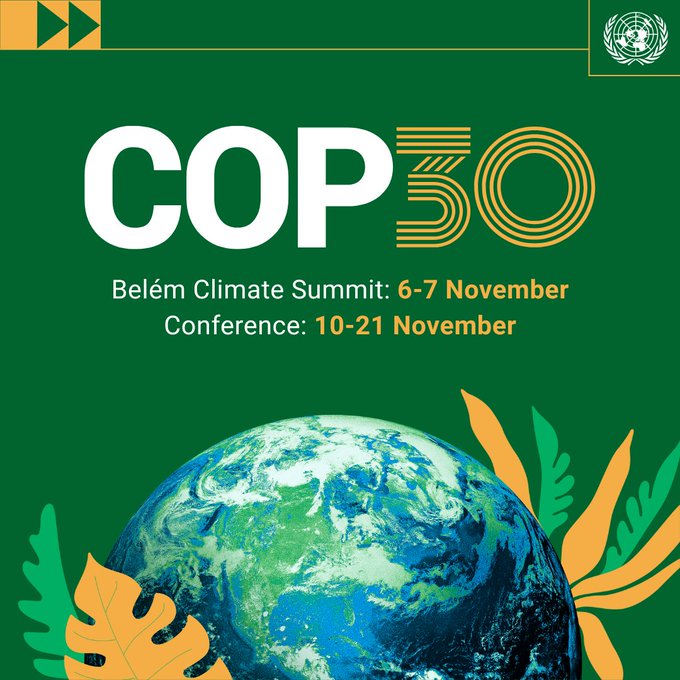

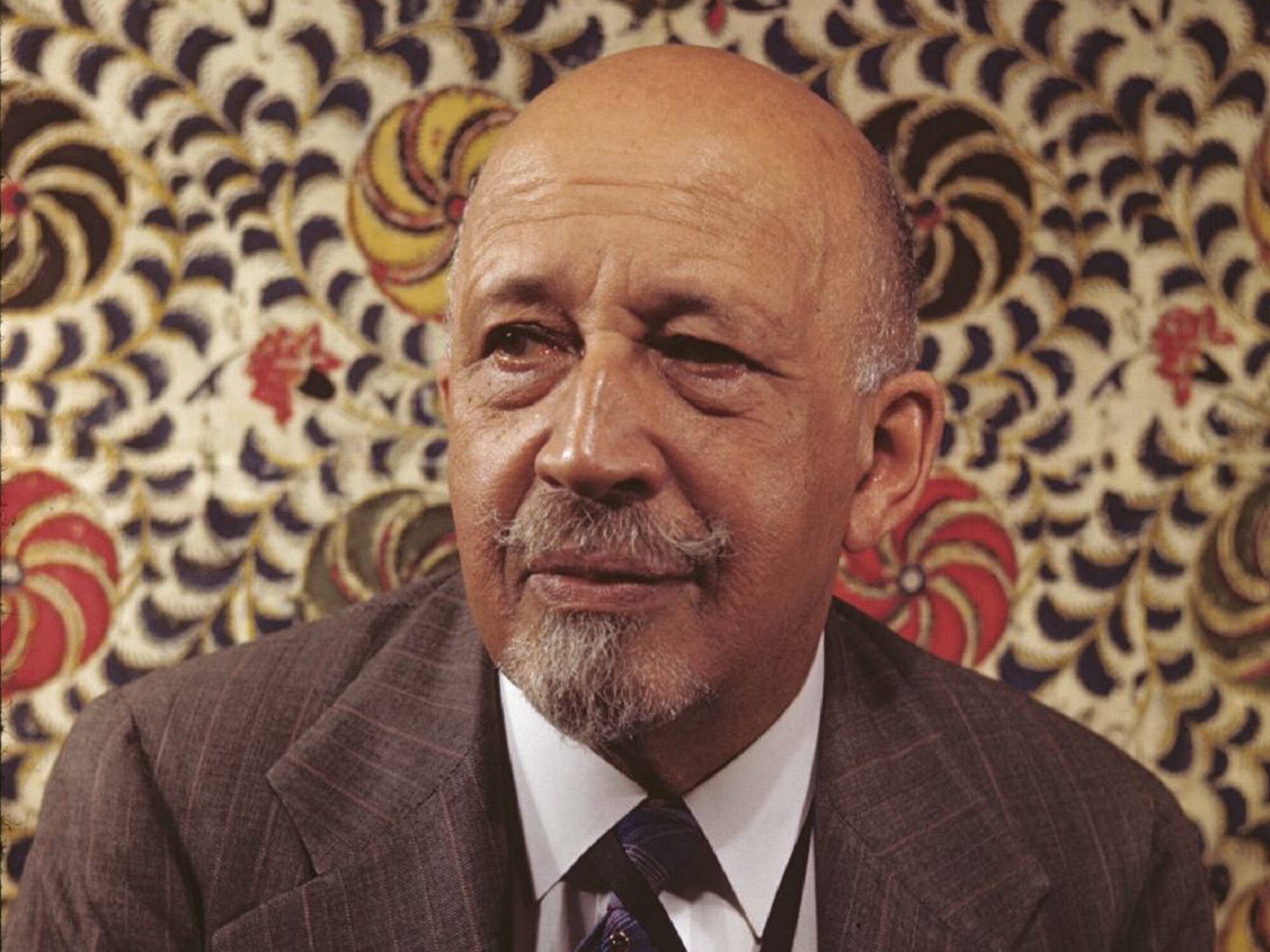


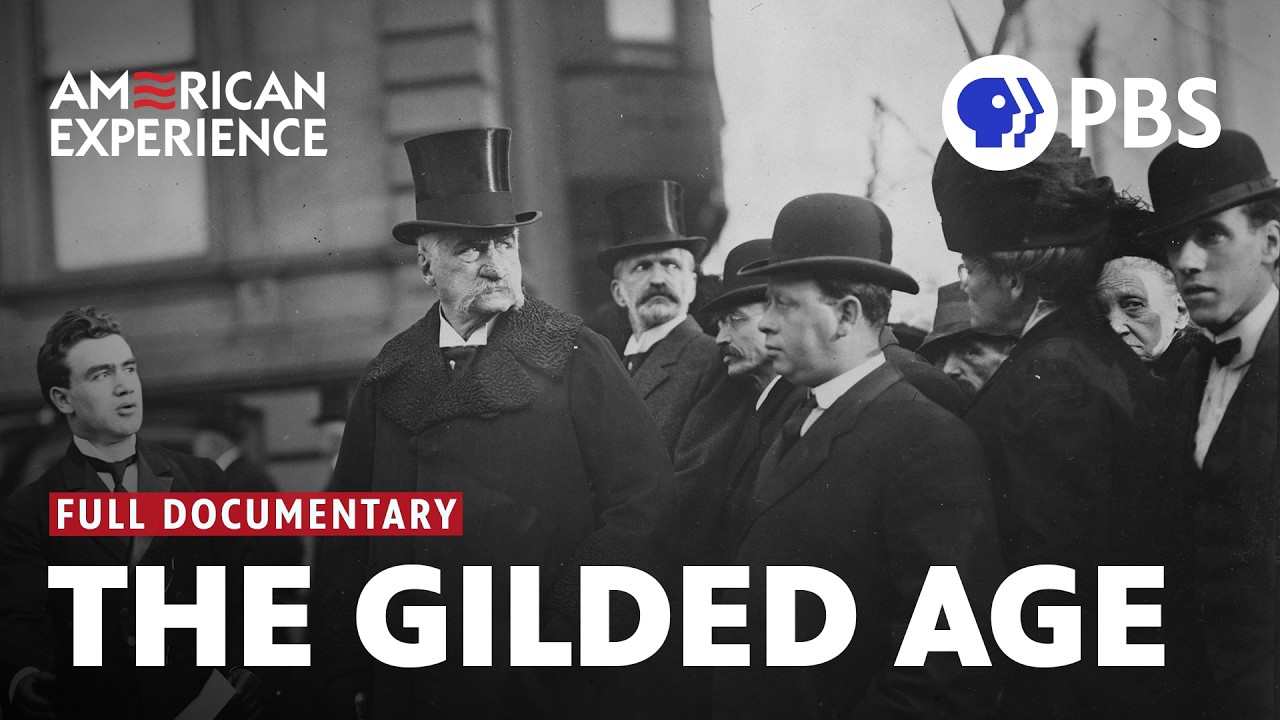




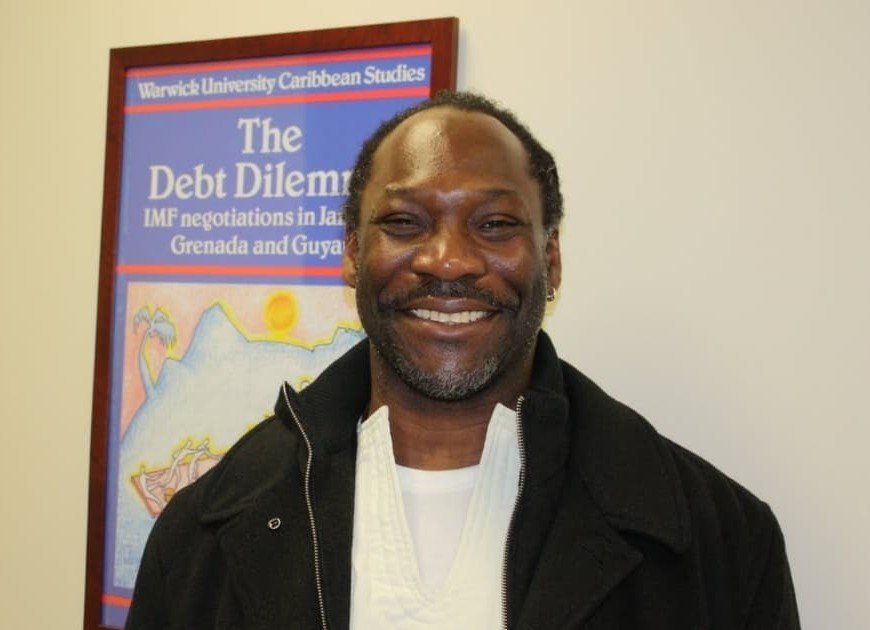



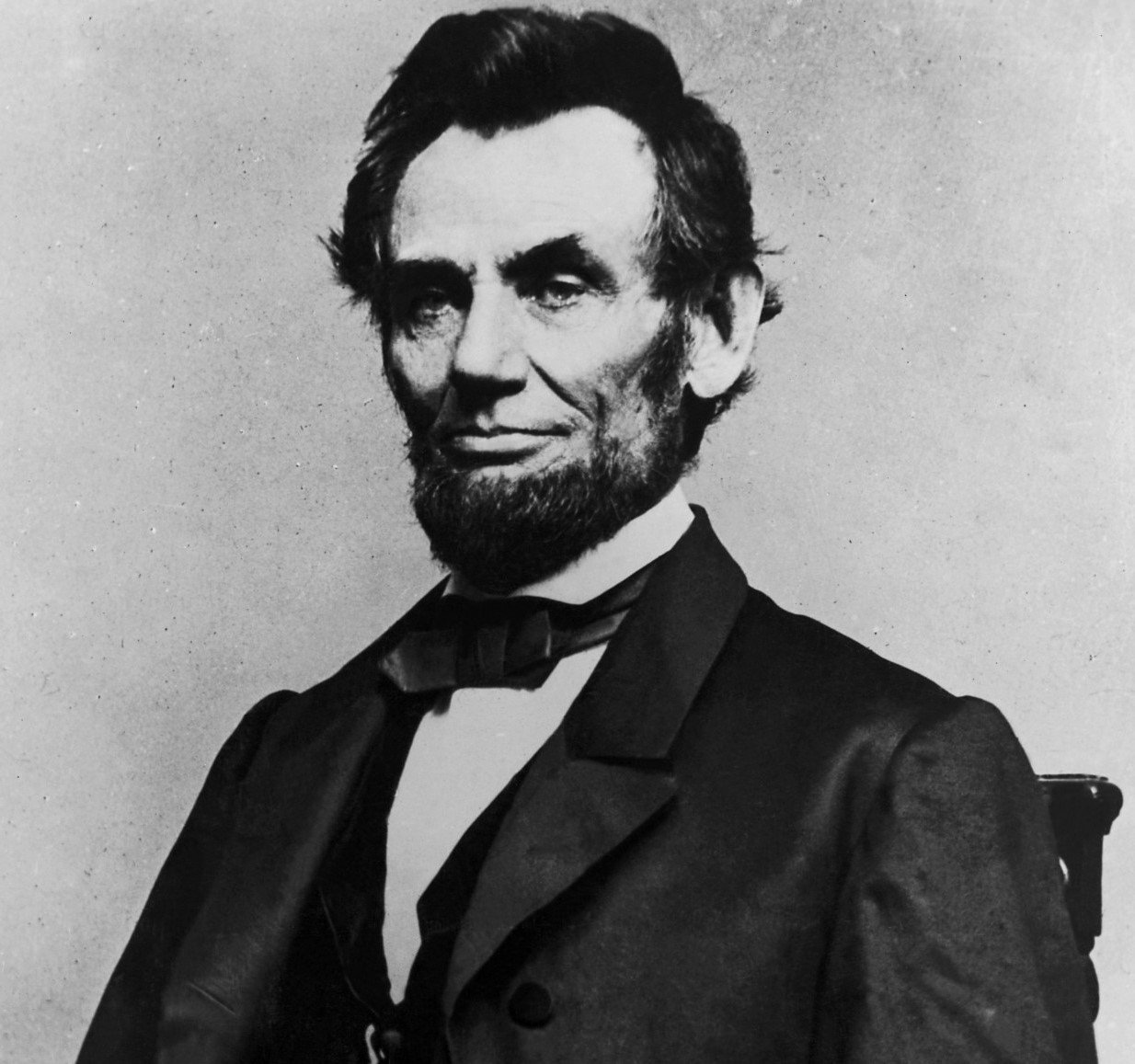
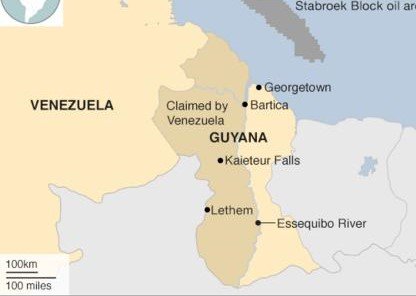
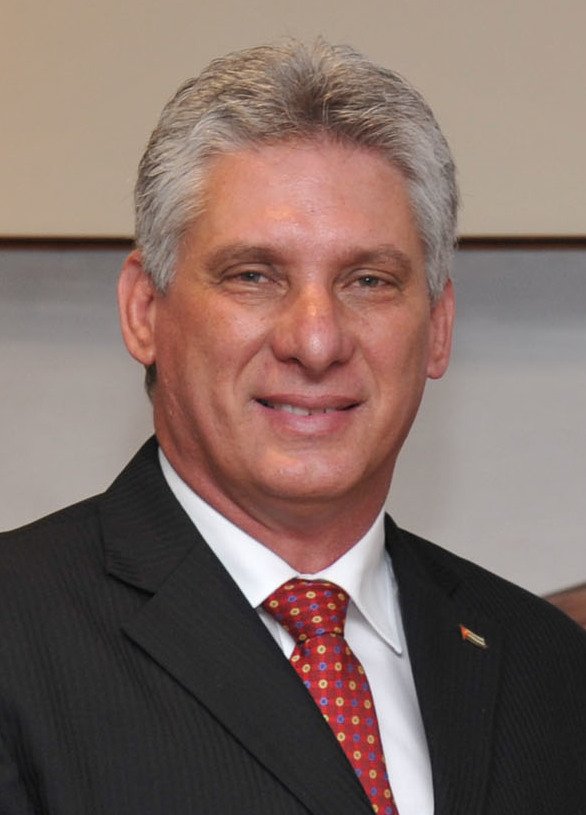

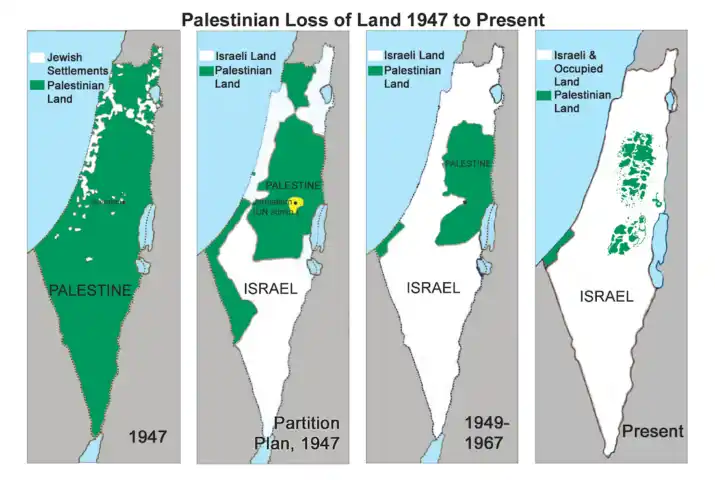
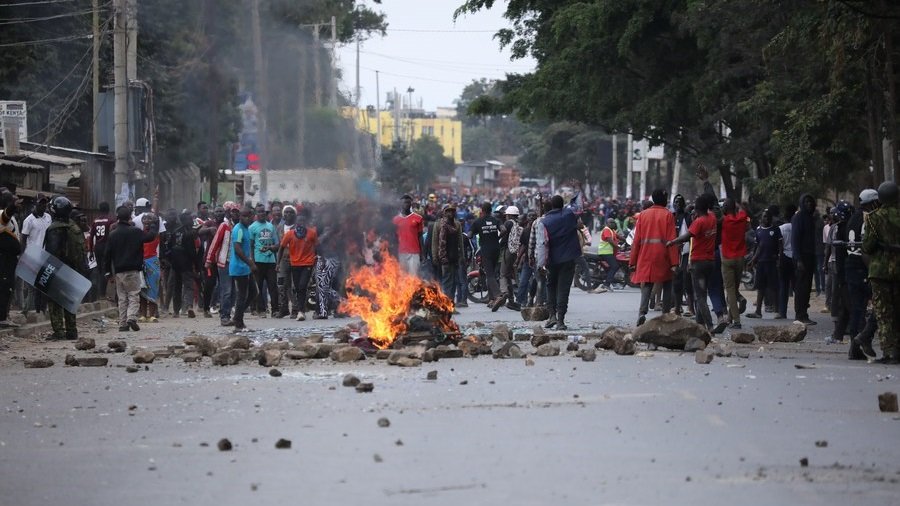







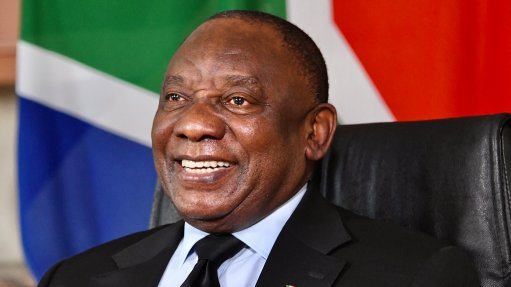
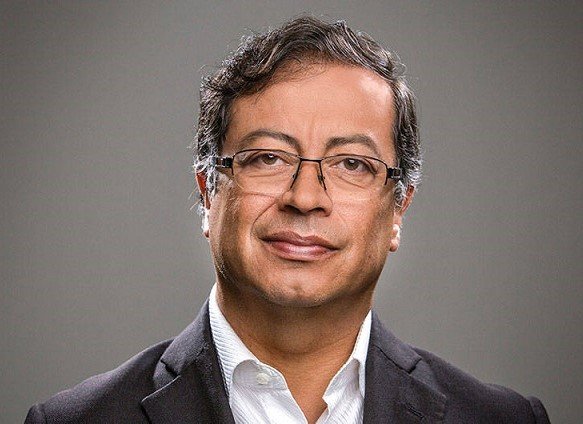

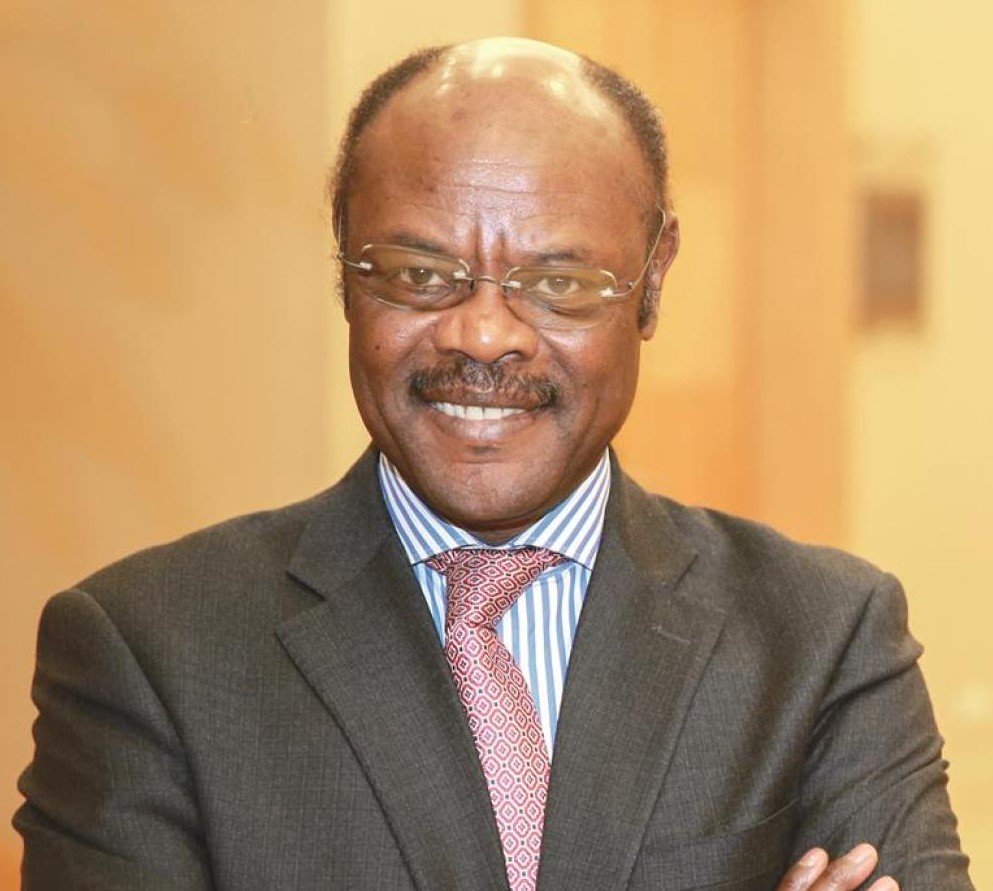

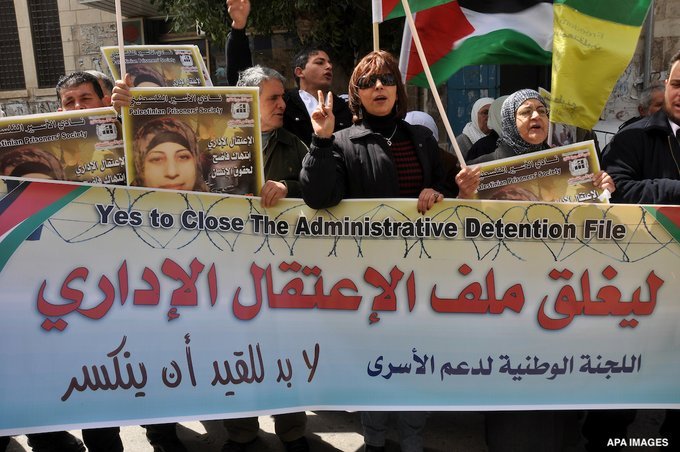

Share with your network